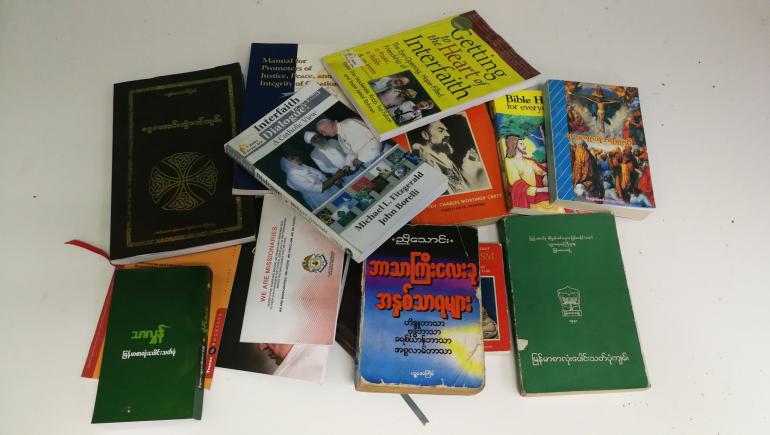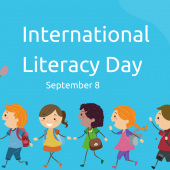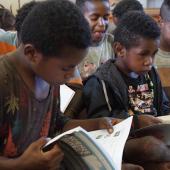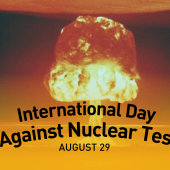International Literacy Day

I know literacy is important. I have met many young people who had no chance to get enough education. Their way of thinking, understanding, communicating are quite different from educated children. Most of them have inferiority complex. They are afraid to talk in front of others. They do not have enough self-confidence.
Today the whole world is celebrating International Literacy Day. On this special day lets us be inspired by the importance of literacy for humanity.
What is literacy?
Literacy is most commonly defined as the ability to read and write. But it’s not as simple as it sounds. Reading and writing abilities vary across different cultures and contexts, and these too are constantly shifting.
Nowadays, “reading” encompasses complex visual and digital media as well as printed material. An elderly person who can read the newspaper might struggle to get information from Google.
Similarly, different cultures will have different perceptions of literacy. The writing traditions of the English language make reading comprehension an essential part of literacy, but this might not be as important in cultures or groups that rarely read printed material.
Add to this, the many people who move between cultures and languages and you have a world where “literacy” is almost entirely relative.
These complex factors make it difficult to create a stable definition of literacy. But if asked “What is literacy?” one could use UNESCO’s more complete definition:
Literacy is the ability to identify, understand, interpret, create, communicate and compute, using printed and written materials associated with varying contexts.
Why is literacy important?
Students need literacy in order to engage with the written word in everyday life.
Think of how often you use your own reading skills in everyday life. It’s not just articles like this one that require literacy, but signs, labels, and the messages on your phone, too.
The same goes for writing. Nowadays, even phone calls have given way to instant messaging and text-based communication, making the ability to read all the more important.
But beyond the functional level, literacy plays a vital role in transforming students into socially engaged citizens. Being able to read and write means being able to keep up with current events, communicate effectively, and understand the issues that are shaping our world.
Ways to support literacy development
Literacy development should be a combined effort between home and school. Here are a few things you can do to support early learners’ literacy skills:
Encourage reading
Reading is the first pillar of literacy, so encourage young learners to immerse themselves in it frequently and deeply. This should involve exposure to a broad variety of different genres, such as newspapers, novels, comics, magazines, films, reference material, and websites.
Discuss texts together
Actively discussing what has been read encourages learners to make connections and think deeply about the ideas contained in texts. Follow up the reading or viewing of a text with a discussion of what it made learners think and feel.
- Use games and activities that support literacy development
- Write a half-page story that makes use of a new and unusual word or phrase.
- Describe a person or object with as many adjectives as you can think of.
- Information scavenger hunt: scour the web to find facts on a given topic within a set time frame.
- Recap the plot of a novel or film in your own words (as learners progress they can try to do this in as few words as possible).
- Have a competition to see who can find as many rhyming words as possible, starting from a given word. Learners could also write poems or songs with rhyme.
Make use of the library
Immersing children in a huge range of texts encourages them to dive in and explore. There’s no better place to do this than the school or community library.
https://www.3plearning.com/blog/literacy-important/
https://www.un.org/en/observances/literacy-day
Radio Veritas Asia (RVA), a media platform of the Catholic Church, aims to share Christ. RVA started in 1969 as a continental Catholic radio station to serve Asian countries in their respective local language, thus earning the tag “the Voice of Asian Christianity.” Responding to the emerging context, RVA embraced media platforms to connect with the global Asian audience via its 21 language websites and various social media platforms.













